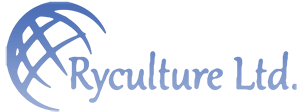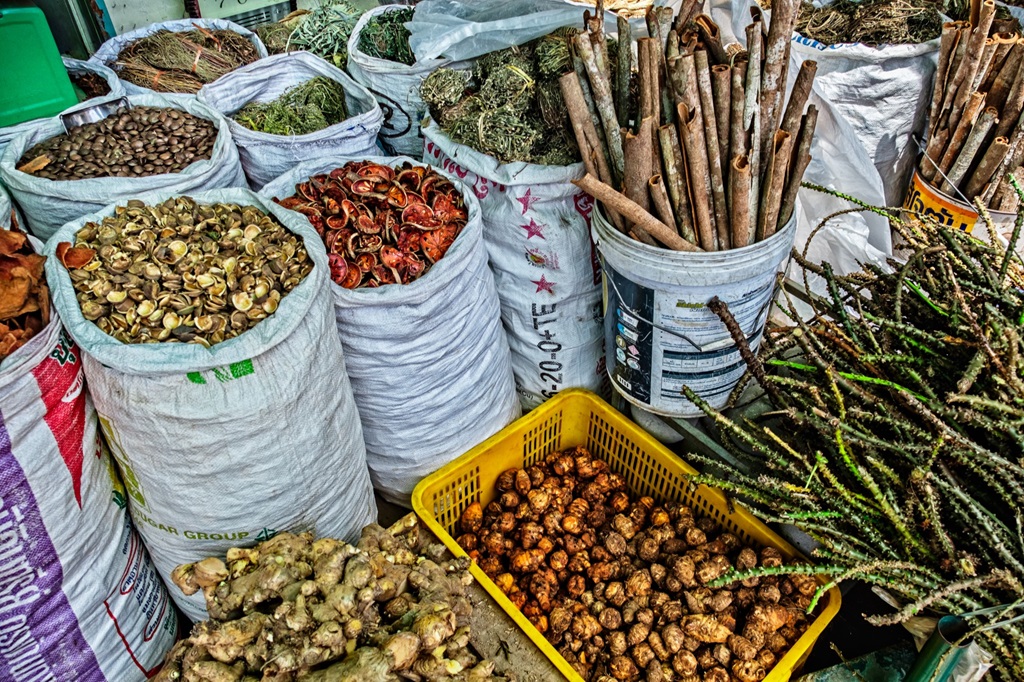Every year, on the 31st of August, Africa celebrates African Traditional Medicine Day. This day is marked to promote the importance of Africa’s rich biodiversity in indigenous medicinal plants and their role in promotion of general wellbeing and treatment of various diseases[1]. This year’s theme is ‘Be Brave! Embrace African Traditional Medicine.’
The Place and Value of Traditional Medicine
The World Health Organization (WHO) defines Traditional Medicine as sum total of the knowledge, skills, and practices based on the theories, beliefs, and experiences indigenous to different cultures, whether explicable or not, used in the maintenance of health as well as in the prevention, diagnosis, improvement, or treatment of physical and mental illness[2].
African Traditional Medicines have long been enshrined in the African setting. Traditional skills and practises were passed from generation to generation via informal modes of teaching. Traditional healers and medicine men played a key role in providing diagnosis and treatment to sick patients with herbal concoctions. Traditional medicine transcends beyond curative approaches but also includes caregiving such a traditional birth attendants and midwives. These forms of treatment are heavily relied upon because of their accessibility, affordability and trust that is bestowed on traditional medicine men.
However, uptake and buy in of traditional medicine has since declined given the introduction of modern medicine, with traditional medicine being shunned away as ineffective and sometimes dangerous. Despite this underlying claim, some communities still embrace the use of traditional medicine.
Traditional Medicines in Africa
Traditional Medicine in Africa encompasses various aspects ranging from various cultural beliefs and societal norms. It goes beyond the use of plant based products and focuses on violation of taboos witchcraft and spirituality as plausible explanations to cause of diseases and subsequent treatments for the same being sought from diviners. A classic example is the ‘Sangomas’ from South Africa[3]. However, herbal medications supersede all the other modes of treatment.
Kenya is home to some of the indigenous plants that are used for medicinal purposes. The most popular medicinal plant in Kenya being, ‘Muarubaini’ (neem tree) that is used in the treatment of aches, fever, malaria and pest control[4]. Similarly, herbal concoctions/home based solutions used in prevention of the common cold contain ginger, lemon and honey.
The emergence of COVID-19 saw countries like Madagascar come up with herbal interventions to curb the virus and is currently undergoing clinical trials.
Challenges in Realising the full transformative role of Traditional Medicine
The major challenges facing uptake of traditional medicine include:
- Lack of a centralised regulatory framework: Concerns have been raised on whether traditional medicines, particularly availed to people in informal settings, are subject to regulatory and quality control measures to ensure that they are safe and efficacious. The industrial and economic space of traditional medicine is marred by fraud given that traditional medicine practitioners do not disclose vital information to regulatory boards or samples provided are not what are availed in the market.
- Inadequate financing: Research and development of traditional medicine is not adequately funded, therefore limiting the discovery of possible and promising medicinal plants.
- Plummeting natural resources: External factors such as climate change, land usage and deforestation have heavily contributed to plummeting if not extinction of some medicinal resources.
- Lack of trust in traditional medicine approaches.
Embracing African Traditional Medicine
African Traditional Medicine plays a huge role in the transformation of the healthcare space. It is paramount that African governments take the steps mentioned as follows to realize the full potential that it carries:
Capacity building: The traditional and alternative health practitioners’ bill, 2019 [5], provides for training, registration and licensing of traditional and alternative health practitioners and spelt out regulatory and disciplinary guidelines. There’s need for up skilling and reskilling of traditional healthcare providers and their integration to the primary healthcare set up.
Financing: Government should consider budgeting and funding of research on traditional medicine. This could support discovery of active ingredients from plant based products that could be incorporated into modern medicine. Additionally, it potentially sets Africa for growth of local manufacturing firms that could penetrate global markets.
Proper regulatory frameworks should be set up to ensure that traditional medicines have undergone quality control measures to guarantee safety and efficacy.
As Ryculture Health and Social Innovation, we are cognizant of the potential that lies in traditional medicines both herbal products and organic extracts which have been used extensively across generations for treatment of diseases. These have served as sources of innovative therapeutic molecules such as the artemisinin used for the treatment of malaria among other products. In line with this through our Social Innovation Hub, we are currently exploring solutions to crowdsource traditional medicines of African decent with an aim of developing a repository of indigenous therapies to be further analyzed to establish novel therapies especially for degenerative, immune mediated and cancers which are gaining prominence in the continent. We believe that innovation is about tapping into local resources, leveraging our ingenuity and responding to needs within our contexts.
Traditional Medicine is germane to Africa’s healthcare transformation, therefore, Be Brave! Embrace African Traditional Medicine.
[1] African Traditional Medicine Day 2021: https://www.afro.who.int/regional-director/speeches-messages/african-traditional-medicine-day-2021
[2] Traditional, complementary and integrative medicine. https://www.who.int/health-topics/traditional-complementary-and-integrative-medicine#tab=tab_1
[3] Che, C.-T., George, V., Ijinu, T. P., Pushpangadan, P., & Andrae-Marobela, K. (2017). Traditional Medicine. Pharmacognosy, 15–30. doi:10.1016/b978-0-12-802104-0.00002-0
[4] Otieno NE, Analo C. Local indigenous knowledge about some medicinal plants in and around Kakamega forest in western Kenya. F1000Res. 2012 Oct 31;1:40. doi: 10.12688/f1000research.1-40.v2. PMID: 24701341; PMCID: PMC3954169.
[5] Chebii, W.K., Muthee, J.K. & Kiemo, K. The governance of traditional medicine and herbal remedies in the selected local markets of Western Kenya. J Ethnobiology Ethnomedicine 16, 39 (2020). https://doi.org/10.1186/s13002-020-00389-x
Article written by Marion Otieno, Programs Assistant Intern – Ryculture Health and Social Innovation

